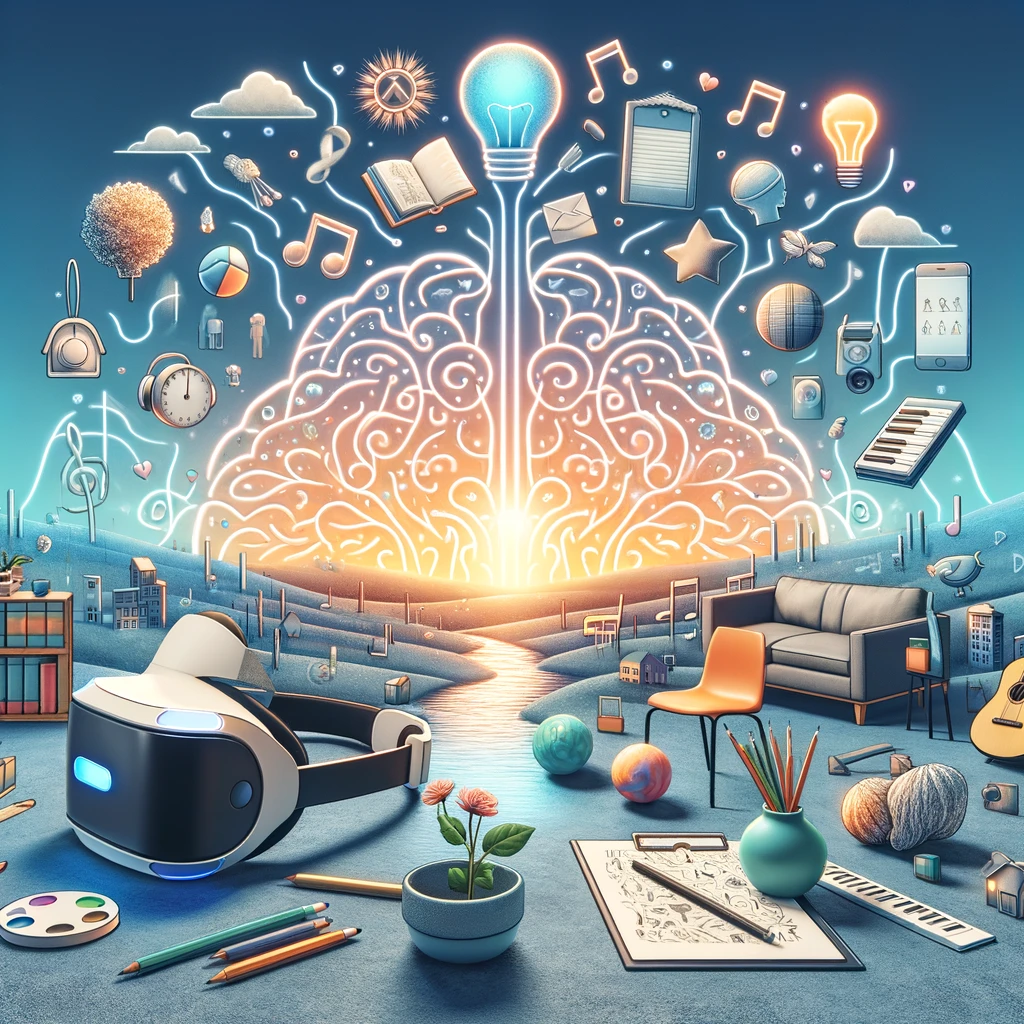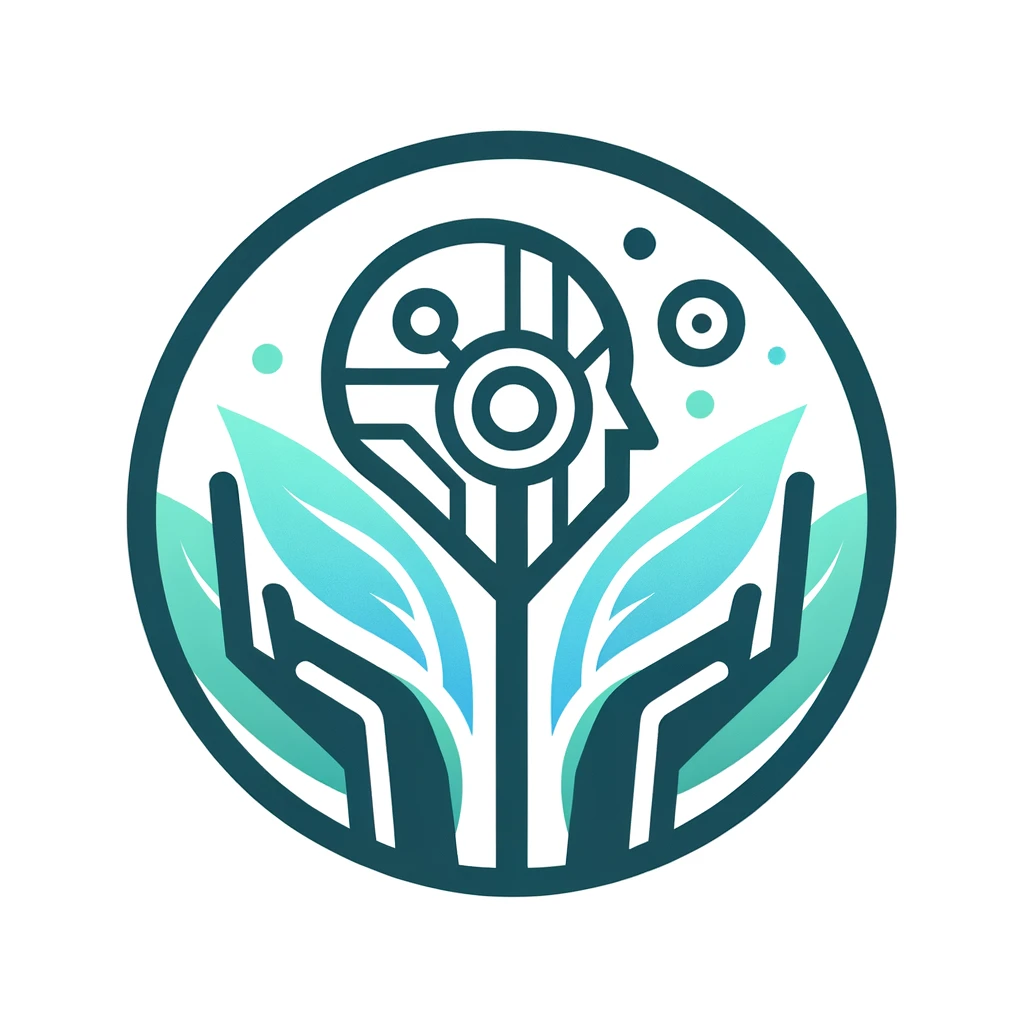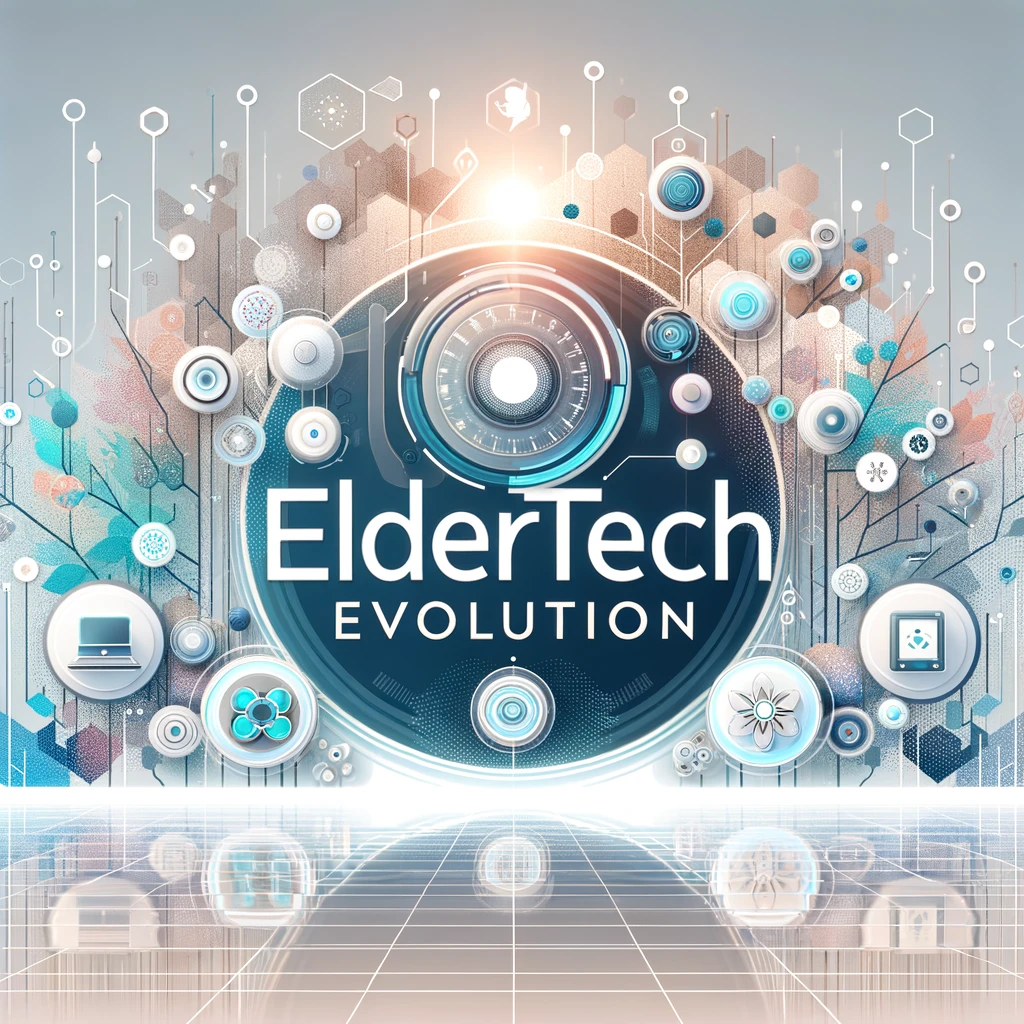Introduction
As the fight against dementia continues, technology offers innovative tools for cognitive stimulation, which research suggests can slow the progression of the disease. This post delves into tech-related activities that are backed by research to stimulate the brain, providing a beacon of hope for those affected by dementia.
Brain-Training Games and Apps
- Cognitive Stimulation: Digital games and applications designed for brain training focus on memory, problem-solving, and processing speed, which are key areas affected by dementia.
- Research Insight: A study by Anguera et al. (2013) in “Nature” found that a multitasking video game improved cognitive control in older adults, suggesting that certain types of gaming can enhance brain function (DOI: 10.1038/nature12486).
Virtual Reality (VR) Experiences
- Immersive Learning: VR technology offers immersive experiences that can stimulate cognitive functions. It transports users to different environments where they can interact and learn.
- Supporting Study: A 2019 study in the “Journal of NeuroEngineering and Rehabilitation” demonstrated that VR can be an effective tool for cognitive rehabilitation in older adults (DOI: 10.1186/s12984-019-0585-1).
Music Therapy and Digital Platforms
- The Power of Music: Music therapy has long been used to stimulate cognitive functions in dementia patients. Digital platforms now offer personalized music experiences, which can be particularly beneficial.
- Research Evidence: According to a 2018 study in “The Gerontologist,” music therapy can lead to significant improvements in mood, behavior, and cognitive function in people with dementia (DOI: 10.1093/geront/gnx240).
Language Learning Apps
- Learning New Languages: Engaging in learning a new language can be a stimulating mental activity. Language learning apps make this accessible and fun.
- Scientific Findings: A study in “Psychological Science” found that bilingualism can contribute to cognitive reserve and delay dementia onset (DOI: 10.1177/0956797610382523).
Art and Creativity Software
- Digital Art Creation: Engaging in art can stimulate the brain. Digital platforms and software now enable seniors to engage in artistic activities, enhancing creativity and cognitive function.
- Academic Perspective: Research in “The Canadian Journal of Neurological Sciences” indicates that engaging in artistic activities can have positive effects on the cognitive health of the elderly (DOI: 10.1017/cjn.2016.285).
Social Media and Online Communities
- Staying Socially Active: Social media and online communities can keep seniors mentally engaged and socially active, which is crucial for brain health.
- Research Correlation: A study in “Journals of Gerontology” linked social engagement with a lower risk of dementia, highlighting the importance of staying socially active (DOI: 10.1093/geronb/gbz139).
Conclusion
Technological advancements provide diverse ways for individuals with dementia to engage their brains actively. From brain-training apps and VR experiences to music therapy and language learning, technology offers a range of activities backed by research to stimulate cognitive functions. By incorporating these tech-driven activities into their routines, those living with dementia can find new ways to slow its progression and maintain cognitive health.
Call to Action
Have you or a loved one used technology for cognitive stimulation in dementia care? Share your experiences and thoughts below, and let’s discuss the power of technology in combating dementia.



Leave a Reply